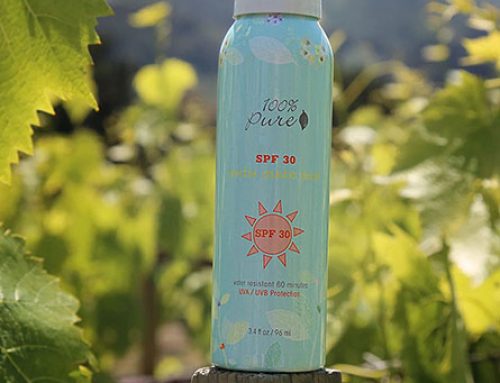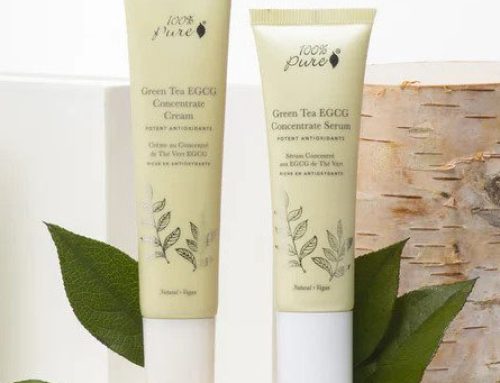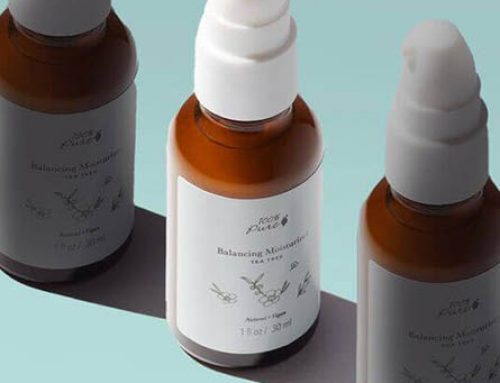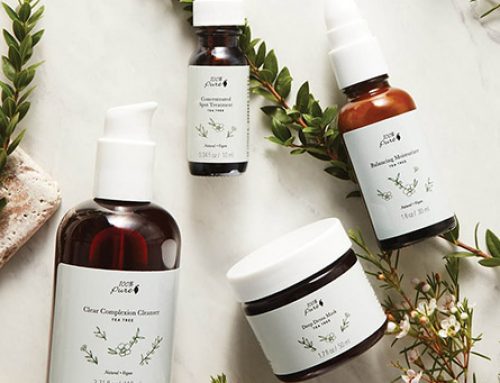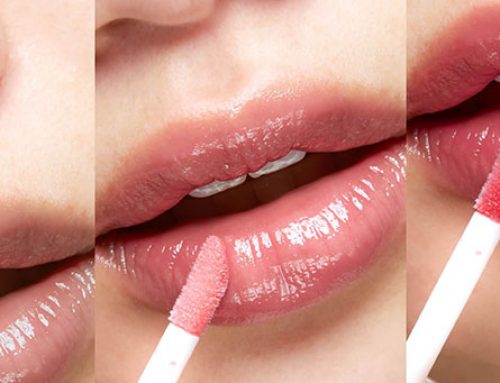Natural Face Masks: the Collagen Edition
How to boost collagen and skin suppleness by using a natural face mask in your routine
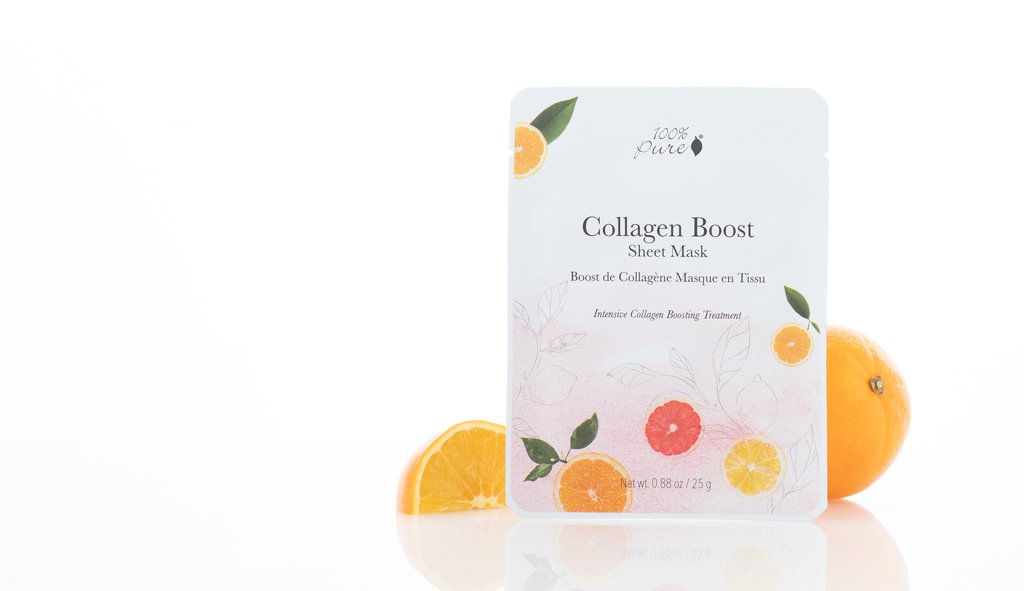
Collagen is a key element of youthful, healthy skin. Unfortunately, unlike fine wines, collagen does NOT improve with age. In fact, collagen production slows for most of us sometime between the ages of 18 and 30 (cue horror movie music). So, what can you do to hang on to those fleeting signs of youthful, collagen-rich skin?
First: What IS Collagen, and What Does It Do?
Collagen, rooted in the Greek word “kolla”, meaning glue, is the essential protein in your body that’s responsible for holding everything together. Collagen is found in places like our skin, eyes, bones, nails, teeth, joints, muscles, and tendons. It keeps the mechanics of our physiology moving and supporting itself efficient, and our skin taut and firm.
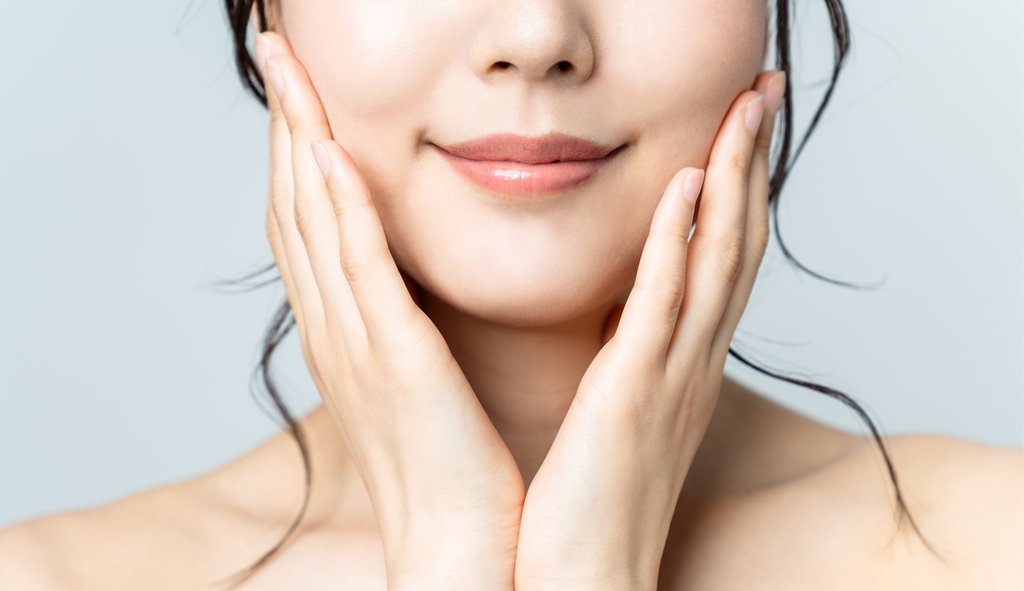
When collagen levels begin to decrease, that’s when you’ll start to notice the internal and external effects. The potential for joint and muscle pains increase, and our skin loses its firm, lifted appearance. Many turn to diet and supplements (and even microneedling) in an attempt to increase collagen, but topical ingredients can also have positive effects for skin’s texture and tone. Need a hint for an easy pro-collagen skin treatment? Try adding a mask with collagen-friendly natural ingredients. Not sure which those are? We’ve got you covered below.
Pro-Collagen Face Mask Ingredients
While collagen as a direct ingredient can only truly be sourced from animal ingredients (which we like to avoid), there are some ingredients which have been praised as ‘pro-collagen’ or ‘collagen-supporting’. We’ve rounded up some of these fresh-faced favorites for our Collagen Boost Sheet Mask: a Korean sheet mask formula that’s designed to intensely hydrate and moisturize the skin. This natural face mask is infused with 5 pro-collagen ingredients, sourced straight from fruits, roots, and veggies.

First, we’ve called upon our old friend, ginseng to help us in the battle against fleeting collagen supplies in our skin. Ginseng has long been utilized in Chinese medicine to reduce inflammation, slow effects of aging, and more – it’s also been widely studied as a possible topical stimulator of collagen production. Researchers have found that ginseng stimulates dermal fibroblasts: the principle components of our skin. When fibroblasts decrease, so does collagen. By adding ginseng topically through skin care, you’re aiding in the support of fibroblast and collagen health, and potentially new collagen production.
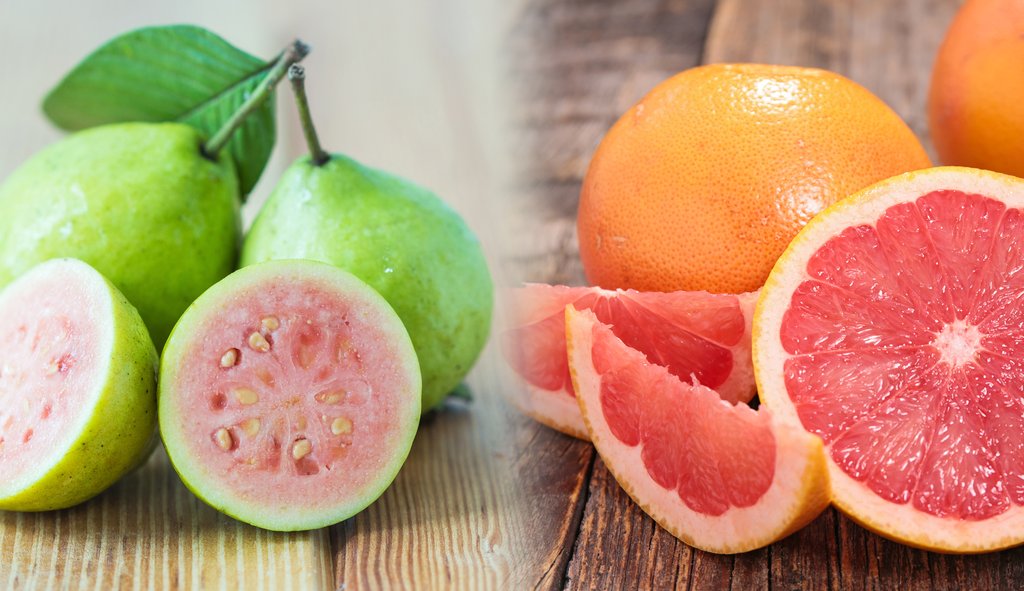
Who knew that tropical fruits like guava and grapefruit could be such great BFFs for collagen? Both of these fleshy fruits contain high amounts of ascorbic acid, which is an excellent supporter of collagen production (more on that below). Guava also contains lycopene, a powerful antioxidant that fights the effects of UV damage – another enemy of collagen and taut, youthful skin.
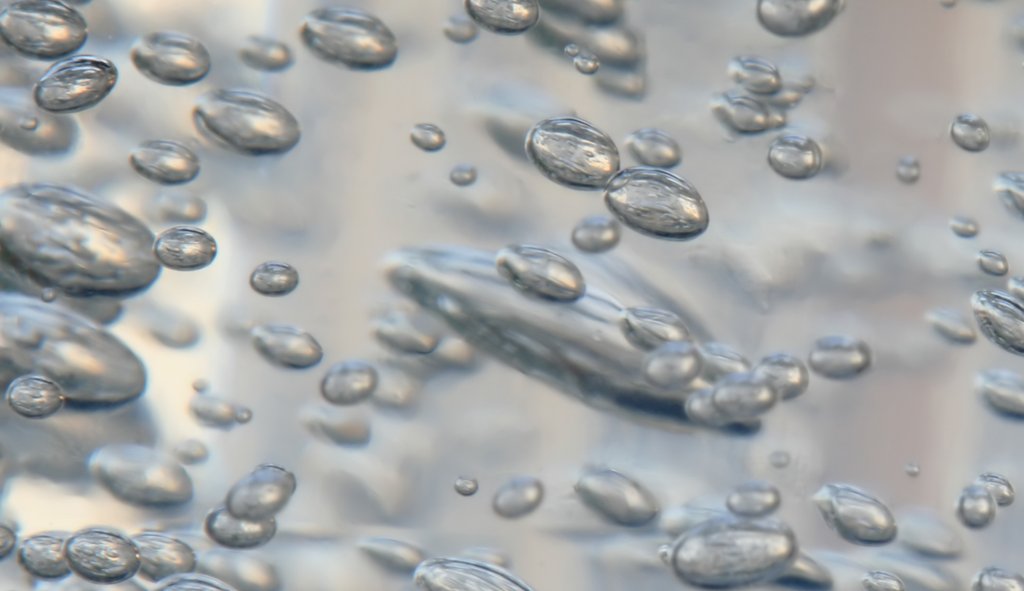
While this mighty little molecule may not seem like an obvious friend of collagen, they have more in common than you might realize. Much like collagen, hyaluronic acid is naturally found in our body – and its production decreases with age. Hyaluronic acid is actually a binder for collagen and elastin, which give skin that bouncy, youthful texture we’re all desperate to get back. We source our hyaluronic acid from sweet potatoes, and add it to products like our Collagen Boost Sheet Mask for seriously deep hydration (another friend of youthful skin).
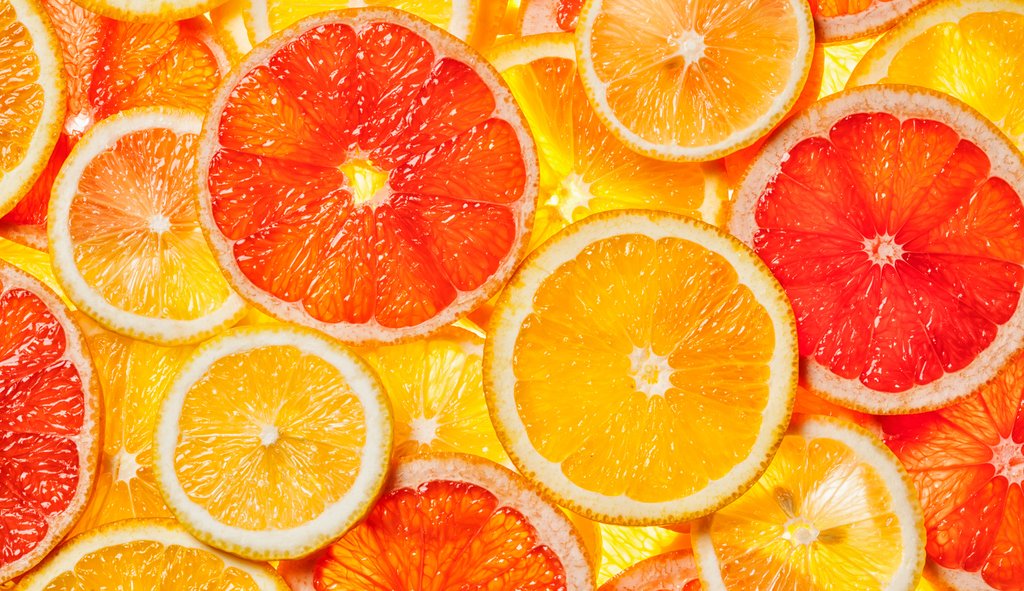
Last but certainly not least, vitamin C (aka ascorbic acid) must be added to any pro-collagen product that’s worth your while. In nature, the body needs vitamin C to effectively store and support collagen health, meaning this vitamin should definitely make an appearance in your diet, too. Using vitamin C topically can help skin fight collagen-crushing UV photodamage, and support cellular growth in tandem with collagen health and resiliency.
After you apply your natural face mask onto cleansed and toned skin, you’ll need to let it set for at least 15-20 minutes. Once removed, massage the remaining solution into the skin of your face, neck, and decollete. Once solution is absorbed and skin feels supple, follow with a nightly wrinkle serum. A daytime anti-aging serum will also help support the work of your mask, to increase the youthful elasticity and firmness that counteract the appearance and depth of wrinkles. Only use retinol products at night, and always follow the next day with a broad-spectrum sunscreen.
PRO TIP: With potent retinol and vitamin C treatments, some light tingling may be normal, depending on the sensitivity of your skin type. However, if you feel any intense burning or irritation, remove mask, rinse, and discontinue use.

